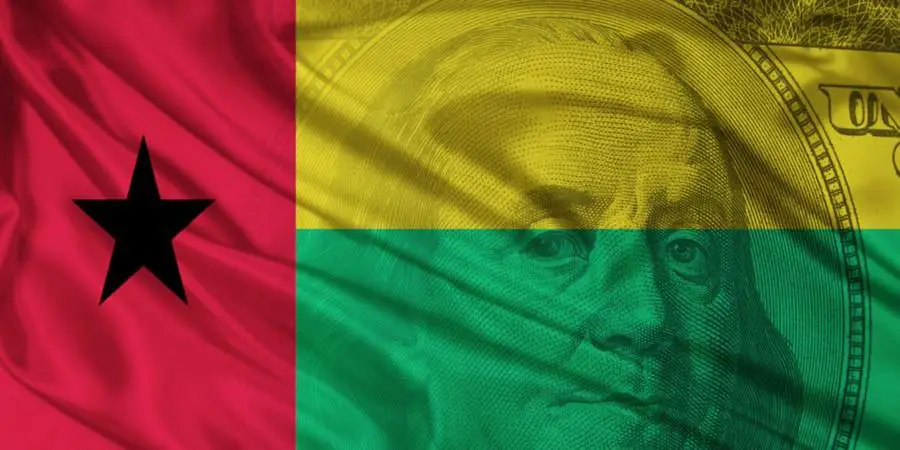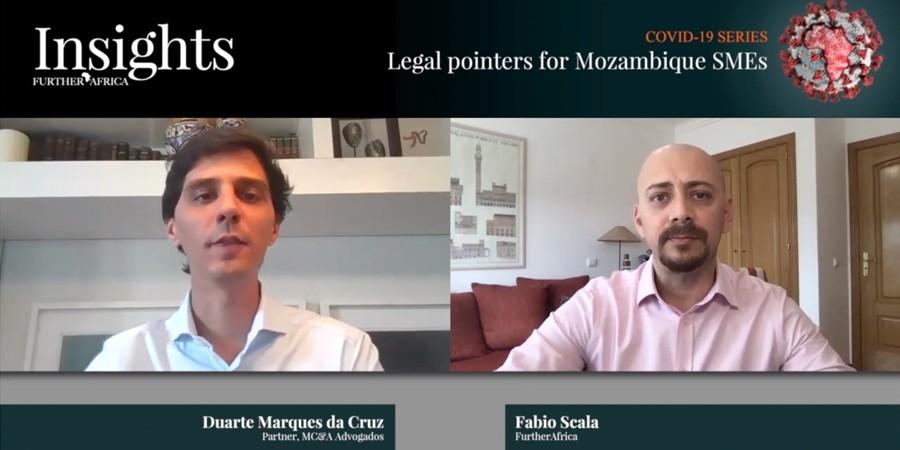Trending
- Dawood Al Shezawi: Why AIM Congress 2024 is the epicenter of global economic and cultural dialogues
- d.light’s 600,000 cookstoves project verified as top source of quality carbon credits
- Artificial intelligence (AI) could create a turning point for financial inclusion in Africa
- AIM Congress 2024: Catalysing global investments with awards
- Kenya’s economic resurgence in 2024
- The most stressful cities to live in 2024 exposed
- Tech ventures can now apply for the Africa Tech Summit London Investment Showcase
- State of journalism survey 2024 shows media houses are lagging in AI adoption









